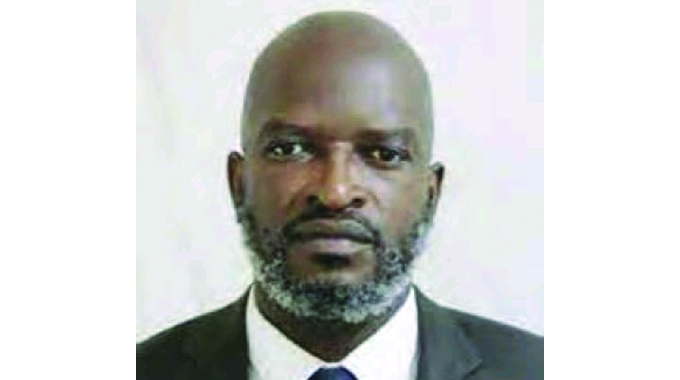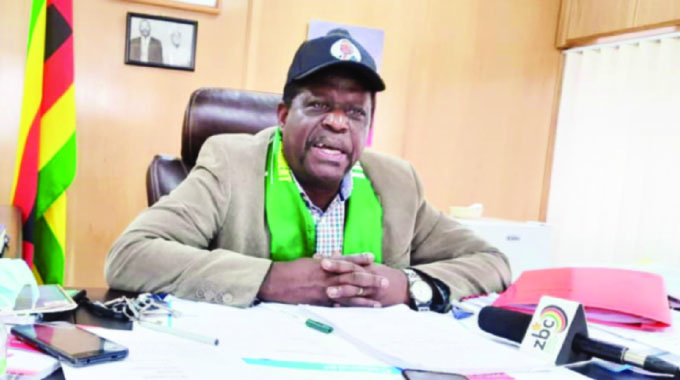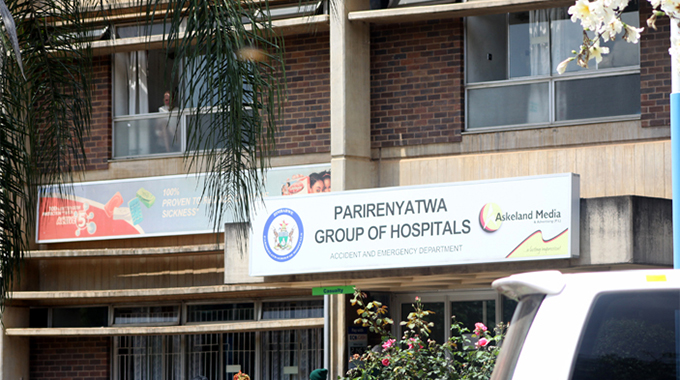Census zooms in on quality of life

Ivan Zhakata-Herald Correspondent
THE Zimbabwe National Statistics Agency (ZimStat) is using telescopic lenses to ascertain standards of living with some seemingly unusual questions being asked during the ongoing housing and population census.
This is, however, in strict confidence as ZimStat collates information vital for national planning and budgeting.
For instance, questions like whether people are cohabiting or married, the type of toilets they use, and the lighting are being asked.
Director-general Mr Taguma Mahonde said the questions which were being asked by enumerators were not personal, but seek to establish the standards of living in different households.
“Emphasis is on the standards of living of persons and this is part of the data collection,” Mr Mahonde said.
“We do things according to international standards and there is nothing personal about the questions being asked because everyone is being asked the same questions. Our policy remains the same that all the data collected remains private and confidential.”
In the questionnaire that is being used to collect data during the ongoing 2022 population and housing census, conditions of living are being measured through housing enumeration.
The exercise will also make available detailed statistics on child marriages and child labour, among other issues.
The questionnaire also seeks to establish where households get their potable water as well as how their homes are powered, reasons for dropping out of school and for those with relatives outside the country, the reasons why they left.
Some of the questions on Demographic Characteristics include a person who stayed in the household on the census night, if that person is male or female, and their relationship to the head of household.
Other questions in the same module include if there is a person with albinism, whether they are cohabiting, divorced, or separated and when they were married, and their age when they got married for the first time.
In the Education module, some of the questions that have been deemed personal by some people include if a person has ever been to school, why they dropped out, whether it was because a person had no birth certificate, financial constraints, illness and marriage or pregnancy-related issues.
On the Fertility module, people are asked if they have ever given birth or not, while on the Housing Characteristics and Living Conditions they are asked whether dirt and mud (poles and dagga), plywood, reused/used, brick and mortar were used to build their houses.
They are also asked whether thatch, wood planks, cardboard, and metal were used to roof their dwelling units and whether dung, sand, earth, vinyl, or asphalt strips were used to make the floor of their dwellings.
On the same module, they are also asked if they are using solar power, generators, wind, and biogas for power generation and whether they use solar lanterns, battery-powered flash-lights, torches or lanterns, paraffin lamps, and candles and biogas lamps for lighting.
Their source of potable water and the type of toilets they use is also asked, whether they are using flush or pit latrine, composite toilet, bucket toilet, or use the bush or field to relieve themselves.
The enumeration exercise commenced last week Thursday and will end on Saturday this week with the preliminary results expected three months after the completion of the exercise.
ZimStat is in charge of conducting the census which will provide critical information that informs policy formulation. This is the first time Zimbabwe is conducting a housing census that seeks to establish the quality of life for Zimbabweans.
Meanwhile, Harare residents have welcomed the census saying it was good for them to know how many people are in the country.
Mr Fibion Kuimba Spinyu said he welcomed the census as the Government should know how many people are in the country.
“We cannot say the census is a bad exercise because we have never heard anything bad about it. It is good because it enables us to know how many people are living in a certain house and we should also know the total number of people living in our country,” he said.
Another resident, Mrs Bration Musengezi, said she was happy with the way the census was being conducted as the enumerators were conducting the exercise professionally.
“We are happy that the enumerators are talking to us nicely and we appreciate that. They are also providing us with information on how the census is conducted and asking us how we are living and taking care of our families which is good,” she said.
Mrs Millicent Makombera echoed the same sentiments, saying she welcomed the census.
“It is good for people to know how many people are in the country,” Mrs Makombera said.









Comments